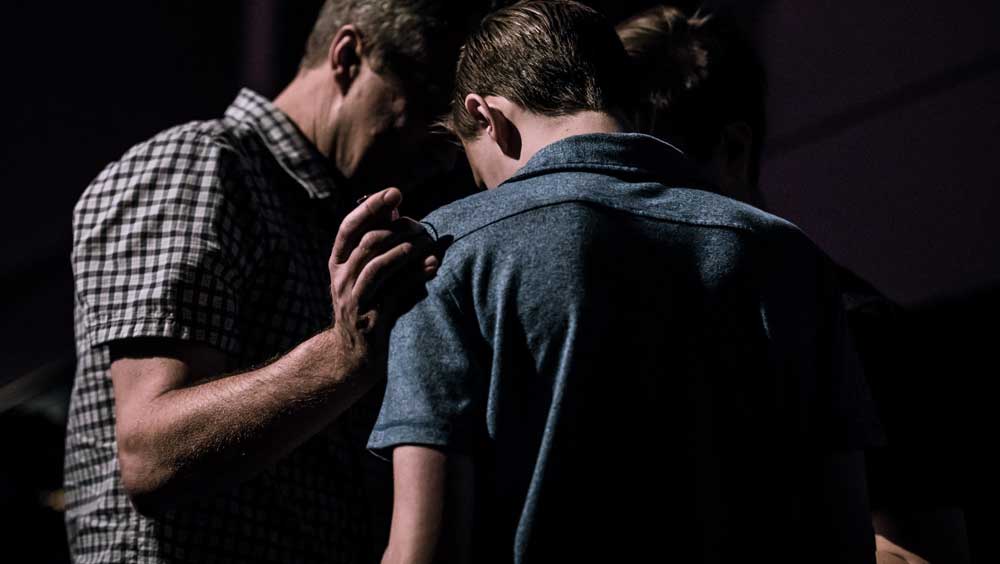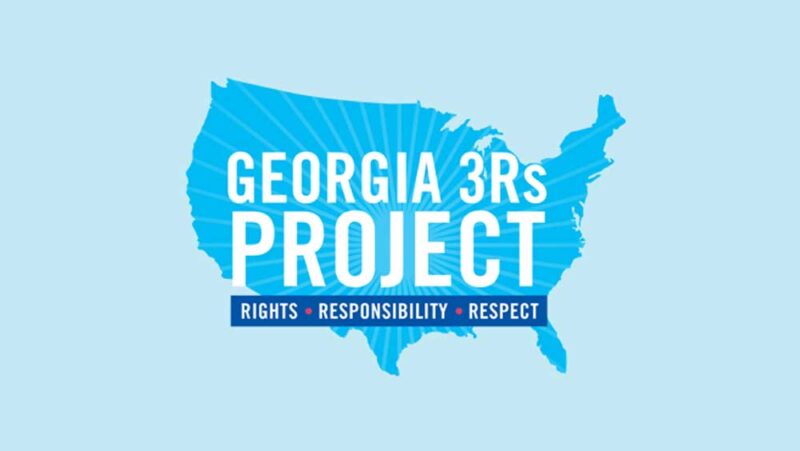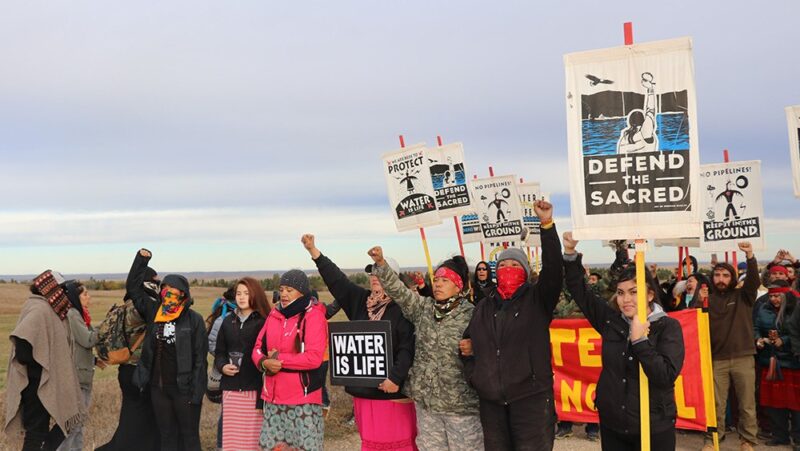Are Religious People Really Ignorant About Religion?

The United States is exceptionally religious. Americans pray and attend religious services more than adults in other developed countries and they assign a higher value to religion in their own lives. Nearly three-quarters of Americans affiliate with some religious group.
Does this religious fervor correspond with a religiously literate public? In July 2019, the Pew Research Center announced the results of a major survey of religious knowledge and found that Americans, on average, correctly answer fewer than half of questions — many of which were intended to represent some of the “basics” about various religious traditions.
Americans fare only slightly better when asked about their own religious traditions. Christians, for example, answer about 59 percent of questions about the Bible and Christianity correctly.
So are Americans both religious and religiously ignorant about religion, as some claim? The answer to that question depends entirely on what we think it means to know about religion — especially our own.
When we compare the results of Pew’s survey with a study led by political scientists Robert Putnam and David Campbell about the importance of religion in people’s lives, we notice a surprising pattern: America’s least religious groups earn the highest scores on Pew’s religious knowledge survey and some of America’s most religious groups answer the fewest questions correctly. When Pew published the first iteration of the study with similar results in 2010, major news outlets focused on a perceived inverse correlation between religiosity and religious knowledge. “Survey: Atheists, Agnostics Know More About Religion Than Religious,” blared one headline.
We should pause when we hear the claim that Americans who are religious — people who gather in religious communities frequently, who ground their sense of self in religion, who find religion important in their daily life — know less about religion than people who are not religious. Echoing the philosophy of religion scholar Thomas A. Lewis’ astute question: If religious people lack religious knowledge, does “religious” mean the same thing in both halves of the sentence? What type of knowledge are we measuring?
Take a look at what religious knowledge means on the Pew survey. Of the 32 questions asked in 2019, roughly 22 — depending on how you classify them — measure knowledge about scriptural narrative (e.g. “Which biblical figure is most closely associated with saving Jews from murder by appealing to the king?”) and doctrine (e.g. “Which is one of Buddhism’s four ‘noble truths?’”).
Here’s my interpretation of the results: Being religious often has little to do with content knowledge about scriptural narrative and doctrine — of our own or others’ religious traditions. If that is correct, then how we talk about religious knowledge should change.
We should first acknowledge that religious individuals are capable of expressing their religious identity fluently in their own religious communities. Being able to express oneself religiously — and to understand the religious self-expression of a co-religionist — is its own type of religious knowledge. I have studied religion formally for years, but I know that, as the son of a Roman Catholic and humanist Jew, if I were to step into an evangelical church I would lack the vocabulary for communicating my religious identity clearly to folks in the pews. In other words, religious knowledge includes a skill — communicating religious identity — and not just content knowledge.
As religious studies scholar Vincent Lloyd argued after the release of Pew’s 2010 survey, there is a difference between “knowledge-that” and “knowledge-how.” The Pew survey measures the former, whereas religious individuals have plenty of the latter. Religious folks know how to be religious just as someone riding a bike knows how to balance on two wheels, even if they can’t explain the physics. We learn from the results of Pew that knowing how to be religious does not necessarily require knowledge about scriptural narrative and doctrine. So what does it entail?
We might better understand what it means to know how to be religious if we recognize three buildings blocks of religiosity: belief, behavior and belonging. Drawing on decades of sociology, anthropology and psychology research — including the work of social psychologist Jonathan Haidt — I have elsewhere explained how the beliefs people hold, the behaviors they manifest and the communities to which they belong mutually constitute people’s religious identities. Knowledge about beliefs need not be the primary focus of our religious lives. Growing up I could not name the five books of the Torah, but I knew how to tell Yiddish-inflected jokes over matzo brei while visiting my Ashkenazi grandparents in New York for Passover. In the eyes of my grandparents, my biblical illiteracy did not make me any less Jewish.
Religious individuals and communities need not know the dictionary definitions of their beliefs, behaviors or communities of belonging in order to know how to be religious and express that religious identity in their private and public lives.
And that brings us to a second type of skill, one that is academic and not devotional: the ability to analyze and contextualize religious expression. If religious individuals’ knowledge-how is akin to fluency in a religious language, then the conceptual knowledge of religious studies scholars is akin to linguistics. The religious studies scholar asks how religious expressions communicate meaning and establish relationships in specific times and places. The American Academy of Religion, the world’s largest professional association for scholars who study religion, defines religious literacy — a type of conceptual knowledge about religion — as the “ability to discern and analyze the intersections of religion with social, political and cultural life.” This conceptual knowledge helps a scholar analyze lived religion and religious identities, not memorize content.
So what does Pew’s survey tell us about Americans’ religious knowledge?
The results show us that Americans lack content knowledge about religion, especially scriptural narrative and doctrine. This should concern us, because content knowledge about multiple religious traditions is important. Stephen Prothero, an adviser to Pew and the author of the 2007 bestselling book “Religious Literacy: What Every American Needs to Know — and Doesn’t,” makes a compelling case for why we have a civic responsibility to teach children facts and figures about the stories and beliefs found within religious traditions.
Pew’s survey does not tell us whether Americans are religiously literate as defined by the American Academy of Religion, though I suspect they are not. We do not know what conceptual knowledge Americans have to analyze the role of religion in public life, but recent evidence — statements that Islam is not a religion, a political cartoon showing Israel’s Prime Minister Benjamin Netanyahu as a dog, or claims that Buddhism is inherently peaceful — suggests we need to improve religious literacy education. Fortunately, the National Council for the Social Studies has taken an important step by releasing guidelines for teaching about religion academically and constitutionally in American public schools.
The Pew results emphatically do not tell us that religious people are ignorant about their own religion. Religious individuals and communities know how to be religious — and that type of insider knowledge is profound.
Benjamin P. Marcus is the former fellow for religious freedom at Freedom Forum.
A First Amendment Framework for Effective Dialog in the Classroom
Sacred Spaces Threatened: 3 Times Places of Worship Faced Barriers
Related Content
$30,000 Giving Challenge
Support the Freedom Forum’s First Amendment mission by Dec 31st and double your impact.

